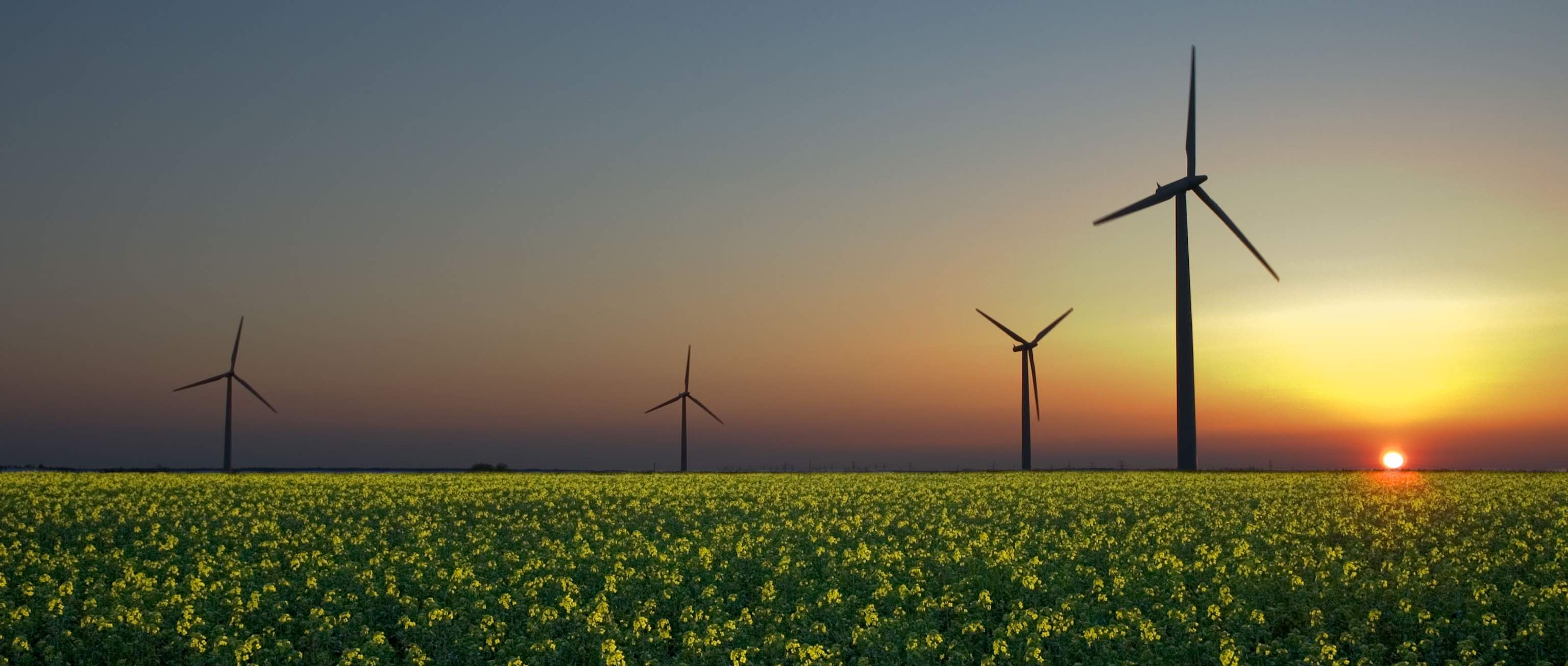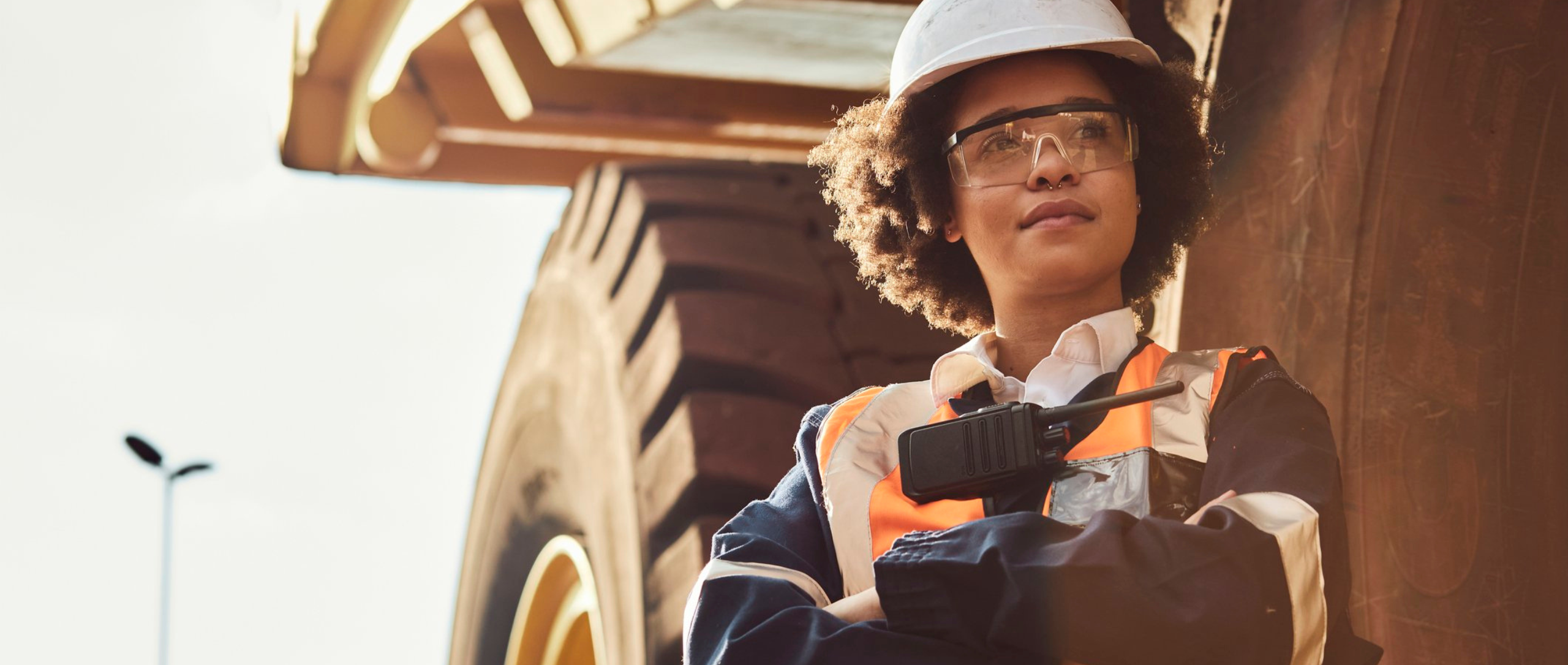COP22 Climate Negotiations Deliver Optimism and Resolve on Low-Carbon Transition
Despite the long shadow from the US election, the COP22 climate negotiations in Morocco, which wrapped on November 18, were a remarkable feat of global optimism, resolve and concrete action by countries and the business community alike.
Leading US businesses left no doubt about their commitment to the low-carbon future, issuing a public statement signed by 365 companies and investors reiterating their support for the Paris Climate Agreement and supportive low-carbon policies. The “Business Backs Low-Carbon USA” statement, signed by DuPont, General Mills, Kellogg’s, Mars and other iconic brands, was addressed to President-elect Trump and other US leaders.
Investors also showed strong resolve on the low-carbon transition, with leading institutional investors from Europe, Asia and the US all expressing their commitment to shift more capital toward clean energy and low-carbon opportunities and away from riskier carbon-intensive holdings. They also called for stronger climate disclosure frameworks and far greater inclusion of ‘climate-competent’ directors on corporate boards.
“The die has been cast, there is no turning back,” said Pete Grannis, a top official at the $185 billion New York State public pension fund, which has launched a $2 billion low-carbon index fund that is generating solid returns. Citigroup’s Michael Eckhart described impressive growth in its lending and financing for low-carbon and other sustainable business activity. The bank provided $48 billion of sustainable financing in 2015, double from $24 billion in 2014.
Further demonstrating that the transition to a clean energy economy is irreversible, nearly 200 nations together issued a Marrakech Action Proclamation calling for stepped up ambition that is needed to limit temperature rise to well below 2 degrees Celsius and avert the worst impacts of climate change. At the same time, some 47 members of the Climate Vulnerable Forum – including low lying island nations facing some of the most immediate existential threats from rising seas – inspired the world by collectively agreeing to aim for 100% renewable energy within the next couple decades.
So, what comes next now that COP22 has ended? One strikingly pervasive thread from the global climate negotiations was the focus on the need for a truly inclusive approach to the global clean energy transition.
One inspiring breakthrough in that regard is Deutsche Bank’s cutting edge investment strategy to provide clean energy financing for enterprises in sub-Saharan Africa. The proposal, approved last month by the UN Green Climate Fund, aims to support $3.5 billion of investment in the region over the next 15 years. It will combine public and private capital to provide financing for household solar, solar mini grids and other off-grid clean energy businesses in a half-dozen sub-Saharan African countries.
“The reason we’re so pleased is it is very difficult to attract investors into Africa, in particular for off-grid activity,” said Michael Lewis, who leads Deutsche Bank’s Center for Sustainable Finance. “This kind of public-private partnership is really essential to draw in (private) investors to Africa.”
Financing innovations like this will help deliver on a growing global commitment to ensure that the transition from carbon-intensive energy to clean, low-carbon energy leaves no one behind.



